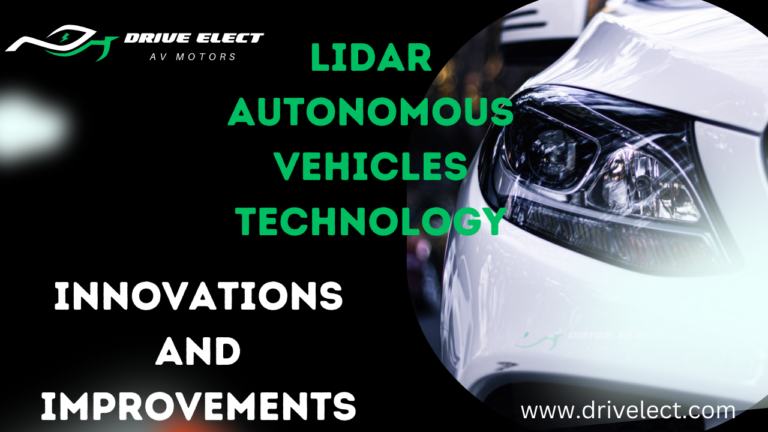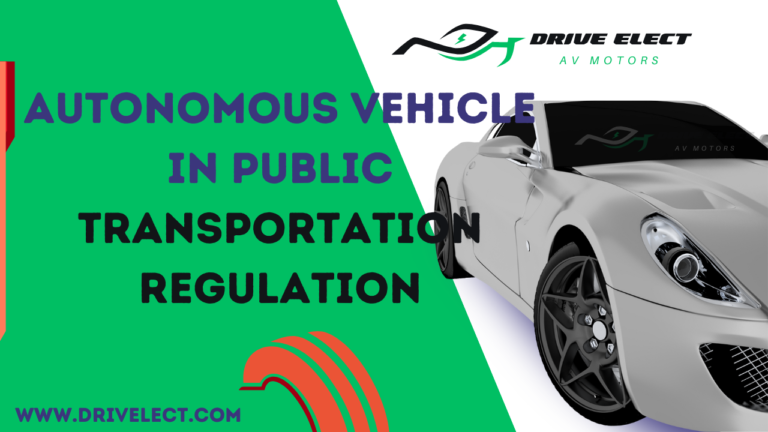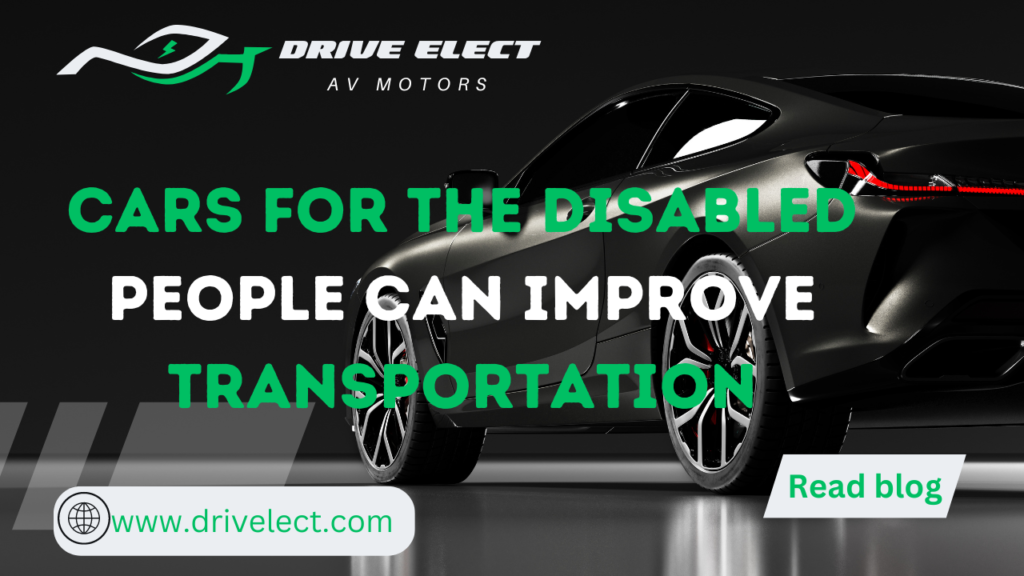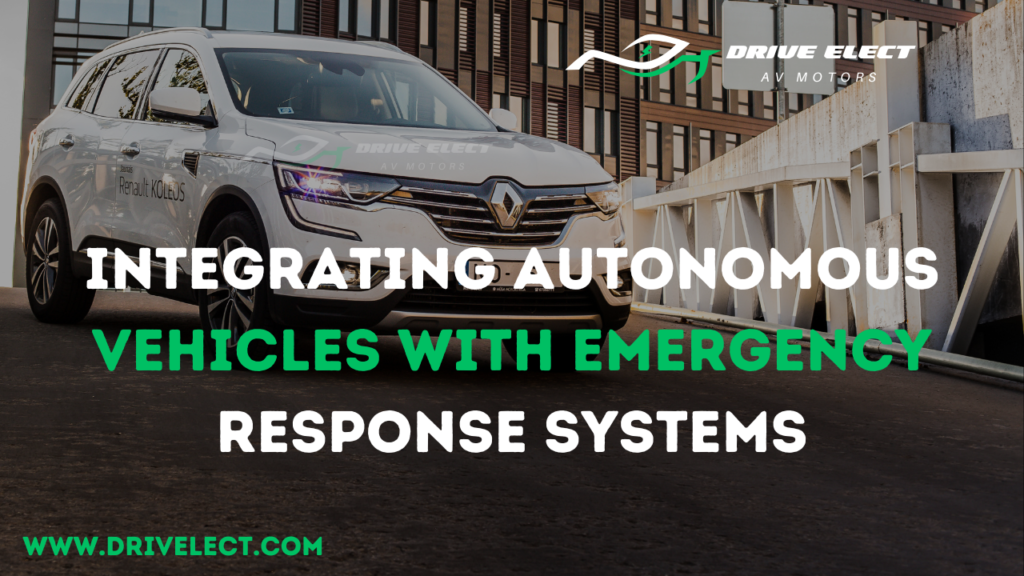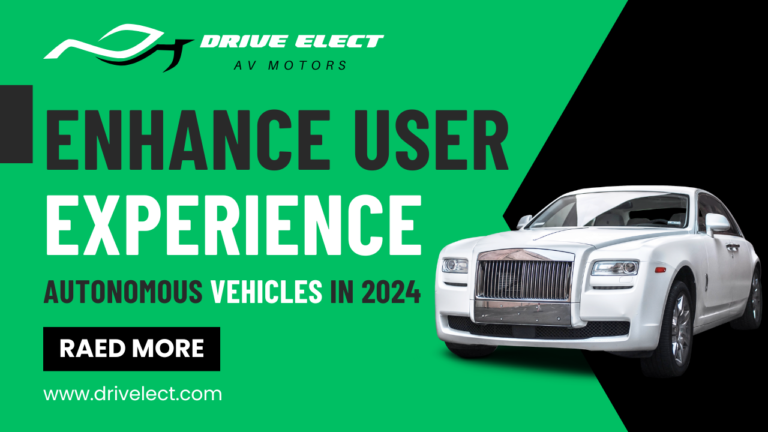Autonomous vehicles are becoming a real chance for carmakers, governments, and people in general. However, risks are involved in it. Even with better technology, accidents may still happen. Here we briefly discuss Ethical issues of self driving cars decision-making.
What are the ethical issues of self driving cars? The ethics issues of self-driving cars have become a contested topic. Because people in society have different opinions about what’s morally right. There’s a challenge in deciding on a general rule for the cars to follow.
Though we know the problems and tough choices in converting to self-driving cars. We still need to figure out a real, possible solution.
A critical aspect of solving the problem is how self-driving cars make decisions. A big idea in the debate about self-driving cars is that they might be able to eliminate mistakes made by people. Like driving under the effect, texting while driving, or being distracted in other ways.
When self-driving cars make decisions, they must handle various moral prospects from different road users. The car has to balance and address these expectations while traversing its surroundings.
Table of Contents
ToggleEthical issues of self driving cars decision-making:
Ethics of AVs: Risk Mitigation:
The development and distribution of autonomous vehicles raise important ethical thoughts. On the whole regarding risk mitigation.
Many people are still dying in car accidents worldwide. In 2018, the World Health Organization published a report in which 50 million were hurt.
To address this issue, many different groups, companies, and drivers are looking at AVs. As a way to make roads safer and prevent accidents.
Here we discuss some basic ethical attentions and policies for mitigating risks related to autonomous vehicles:
Safety First:
- Make sure people’s safety comes first, even more than other things.
- Test self-driving systems a lot to be sure they are reliable and safe.
- Create backup plans for when something goes wrong, or the system doesn’t work as expected.
Transparency and Accountability:
- Tell people openly how self-driving systems are made and how they work.
- Clearly explain what Autonomous vehicles can and cannot do to everyone.
- Make sure the companies that build and operate self-driving cars are responsible if something goes wrong or there’s a problem.
Data Privacy:
- Protect people’s information well to keep it private and safe.
- Say clearly why we collect and use data from self-driving cars.
- Let people decide what happens to their data and give choices to keep it anonymous if they want.
Ethical Decision-Making Algorithms:
- Develop algorithms that prioritize ethical decision-making in ambiguous or morally challenging situations.
- Clearly define the ethical principles and priorities that guide the decision-making process of autonomous systems.
- Ensure that the algorithms prioritize the safety of human lives and adhere to societal values.
Community Engagement and Education:
- Engage with the public to understand their concerns and expectations regarding autonomous vehicles.
- Conduct public education campaigns to increase awareness of the benefits and risks associated with autonomous technology.
- Involve various stakeholders, including ethicists, in discussions about developing and deploying autonomous vehicles.
Ethical Landscape Autonomous Vehicles:
Ethics in autonomous vehicles is like the GPS guiding their behavior in a complex world. It’s all about setting the right rules for these cars so they can make good choices. Imagine deciding how they should react in tough situations. Like who to protect in an accident or what to do when faced with unexpected events. These rules also determine how transparent the cars should be about their decisions. Should they explain why they did what they did?
Then there’s the matter of privacy, like keeping your secrets from prying eyes. These vehicles collect lots of data, and figuring out how to keep that info private and secure is crucial. To end, setting clear rules to control these cars is like traffic signs on the digital highway. They help keep things safe and organized.
The bottom line? Ethics is the compass for autonomous vehicles, guiding them to act responsibly, respect their privacy, and follow the rules. Make decisions that align with what society considers right and fair.
Exploring moral preferences – the moral machine experiment:
Imagine we made a game called the Moral Machine. It’s like a big online experiment where people from all over the world play. In this game, they had to make tough decisions for autonomous cars in accidents. Where someone might get hurt. We gathered about 40 million decisions from over two million players in 233 countries.
Most people had similar ideas about what’s right in these tricky situations. They tended to agree on a few things: saving humans over animals, saving more people even if it means sacrificing. A few and trying to protect younger folks over older ones.
Steps towards solving the ethical issues of self driving cars:
The cars can decide independently, like who stays safe and who might get hurt, without someone driving them. That’s a pretty new thing for everyone. It’s not just a small group that this affects—everyone who uses roads, whether driving, walking or biking.
For these self-driving cars to take charge on the roads. The people making them need to figure out a bunch of stuff, not just the technical side. Sure, making the cars work without a driver is a big deal, but there’s more to it.
They need to think about all the different situations these cars might face and how they’ll make decisions. Plus, they have to ensure these cars will keep everyone safe, no matter how they get around. It’s not just about building the tech; it’s about making it work right in real-life situations.
Discuss the ethics of AI on a general level:
Think of machine ethics as a chance for everyone involved to come together. Decide what’s okay and what’s not okay for machines to do.
It’s like setting up rules for robots so they always do what we all agree is right. Unlike humans, who sometimes make mistakes, machines can stick to these rules perfectly.
We might not all agree on everything; we saw that in the Moral Machine survey. But even if we don’t agree everywhere, it’s pretty cool that many places in the world feel the same way about what’s important in tricky situations.
It shows that even though we’re different, there are some things most of us can agree on when it comes to teaching machines how to act. So, this whole thing about deciding what’s right for machines is a chance for us to come together as a big team and figure out what rules we want these robots to follow.
Work on a new social contract:
A long time ago, when cars became common, rules were made to keep everyone safe on the roads. These rules cover how drivers, walkers, and even carmakers should behave. People trust these rules—they’ve been improving for a while now.
With self-driving cars joining in, we need a new set of clear rules. These rules will decide who’s responsible if something goes wrong, how we’ll ensure everyone follows these rules, and how we can all trust this new system.
Like the old rules for regular cars, this new contract for self-driving cars will greatly change things. But unlike before, this change might happen pretty fast. We’ll need to figure this out quickly to ensure these new cars are safe and everyone knows what to expect.
It’s like updating the rule book for a whole new kind of driving. It’s going to be a big deal, but we’ve done it before with regular cars.
Prepare the public to build trust:
When self-driving cars face a scary situation where someone might get hurt. There’s a big ethical question about whom they should try to save. Most folks agree that saving more people is better. Even if it means sacrificing some. But when buying these cars, people want them to focus on keeping the passengers safe above all else.
For the companies making these cars, it’s tough. If they make the cars focused on protecting the people inside, there might be a lot of anger from the public. On the flip side, if they make cars that try to save more lives. Some customers might get scared and not want to buy them.
To make people trust these self-driving cars, we need to talk about. How they make everyone safer, not just the folks inside. Sometimes, the news makes a big deal about rare accidents, which makes people worry more than they need to.
But, focusing on how these cars can make accidents way less. Possible for everyone might help everyone feel more comfortable with self-driving cars.
Ethical Valence Theory:
Challenges:
A major challenge autonomous driving faces is making ethical issues of self driving cars make decisions in complex situations. This means the car needs to decide what to do in difficult and variable scenarios.
Proposed Solution:
The article suggests a new method for predicting the autonomous vehicle’s future path (curve) to help it make ethical decisions.
Integration of Ethics:
The principles of what is right or wrong, are assimilated into the ethical issues of self driving cars decision-making process. This is done by turning ethical thoughts into numerical formulas that the car can understand and use to solve the ethical issues of self driving cars.
Utility Principle:
The “utility principle” is introduced to guide the ethical issues of self driving cars decisions that maximize overall benefit. It helps the car weigh the pros and cons of different actions.
Technical Improvement:
The trajectory prediction, or how the car plans its path, is enhanced using a specific type of neural network called LSTM (Long Short-Term Memory) with an attention module. This makes the trajectory planning more accurate and reliable.
Simulation Experiments:
The proposed method is tested far in computer simulations. To show that it helps the car make ethical decisions and choose the best path to solve the ethical issues of self driving cars.


